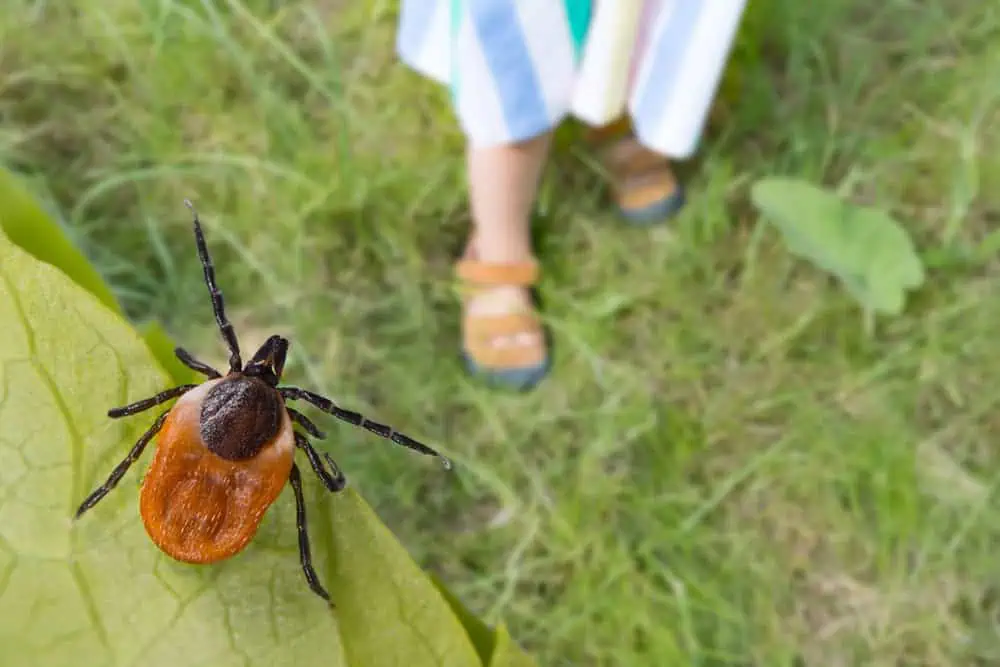Professional tick control that actually works so your family can enjoy the outdoors without worry.

Hear from Our Customers

You shouldn’t have to check everyone for ticks after spending time in your own yard. When tick control is done right, you get back to barbecues, gardening, and letting the kids play outside without that constant worry about Lyme disease.
Our tick control for yard areas targets the places ticks actually live and breed. Not just a quick spray and hope for the best. We’re talking about real reduction in tick populations so you can walk through your grass barefoot again.
The difference is immediate and it lasts. You’ll notice fewer ticks on your pets, less anxiety about outdoor activities, and more time actually enjoying your property instead of worrying about what’s lurking in it.
86 Pest and Wildlife Removal has been handling tick problems in Haddon and throughout New Jersey for years. We understand the local tick species, their seasonal patterns, and exactly where they hide on your property.
This isn’t our side business or something we picked up last month. Pest control for ticks is what we do, and we’ve seen every type of infestation this area throws at us. From small backyard problems to larger property challenges, we know what works and what doesn’t.
You’re working with licensed professionals who understand that your family’s health is on the line. That’s why we take the time to do this right the first time.

First, we inspect your property to identify where ticks are actually living. Most people focus on the wrong areas. Ticks love leaf litter, tall grass edges, and the transition zones between your lawn and wooded areas.
Next, we apply targeted treatments to these specific areas using professional-grade products that aren’t available to homeowners. We’re not just spraying your entire yard randomly. We’re hitting the spots where ticks congregate and breed.
Finally, we set up a seasonal program because tick control isn’t a one-and-done situation. Different tick species are active at different times, and ongoing treatment is what keeps your property protected throughout the season. You’ll know exactly when we’re coming and what to expect each visit.

Ready to get started?
Our tick control service includes a thorough property inspection, targeted treatment of tick harborage areas, and ongoing monitoring throughout tick season. We use integrated pest management techniques that combine habitat modification recommendations with professional-grade treatments.
You’ll receive specific guidance on landscape changes that reduce tick populations naturally. Simple things like keeping grass short, removing leaf litter, and creating barriers between wooded areas and your lawn make a huge difference when combined with professional treatment.
We also provide pet-safe and family-friendly treatment options because we know you don’t want to trade one health concern for another. Our exterminator for ticks approach focuses on effective control while maintaining safety for everyone who uses your outdoor space.
